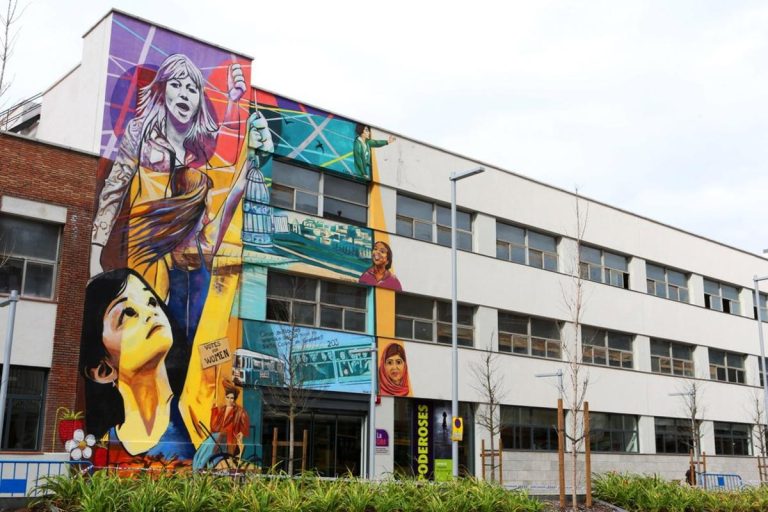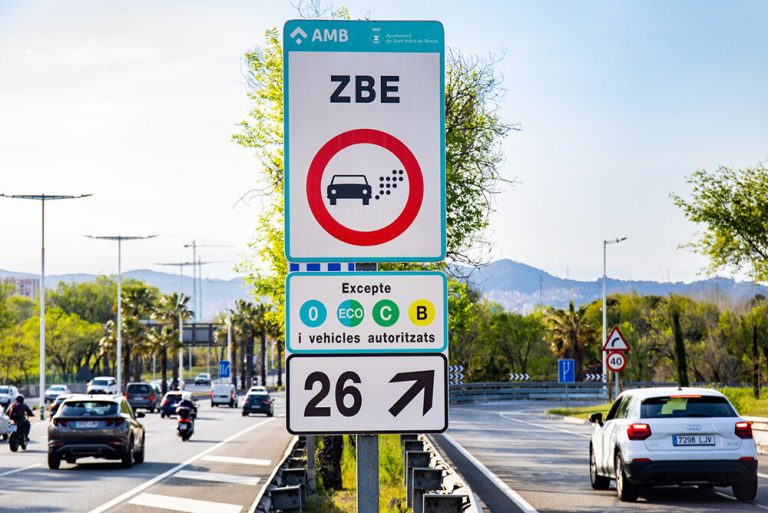As a result of intense urban migration and the “unplanned” development of our cities, several solutions have been developed and tested in different fields since the 80s. A consequence of these attempts to solve urban problems is the rise of the “Smart City” concept.
Around the world, old cities have been retrofitted and some brand new cities are being built on greenfield land, fully planned and oriented to be smart from the first draft plans. The older and more developed a city is, the more complex it is for it to retrofit and adapt.
Emerging economies such as China and India are heavily investing in cities that are forged to be models of sustainable urban life, combining the latest high-end information and communication technologies with state-of-the-art architectural design fully integrated into ubiquitous urban environments.
Smart cities are not just a fashion trend; they are needed by the entire civilization as a sustainable solution for urban life.
Solutions relating to water management, clean and renewable energies, smart grids, intelligent traffic control, electronic government, urban mobility, wireless internet accessibility and waste management are just a few examples that can be highlighted in a long list of problem-oriented proposed solutions.
The challenge is not technology per se, but how to design and use technology for the real benefit of citizens’ well-being.
Smart City trends – both beneficial and disruptive
Due to the radical changes we are facing, competitiveness and welfare are already highly influenced by our cities’ ecosystem. Balancing economic, social and environmental sustainability is one of the critical success factors.
A full citizen-centred approach in urban projects supported by a deep engagement of the civil society can foster economic growth and contribute to mitigating the social gap. Access over ownership and full inclusion over welfarism are key governance principles for managing cities in the near future.
The new urban mobility
Traffic management and transportation systems are recognized as one of the most chaotic problems a metropolis can face. An example of successful transport policy is in Singapore, where a “travel smart” programme has been used since 1997.
It encourages workers and companies to shift their working schedule to promote off-peak travel. Traffic management programmes in Tokyo and Seoul also demonstrate how developed research in this field is, with a combination of innovation, applied engineering and management that is effective in managing mobility.
New disruptive technologies are also rising in our cities. Autonomous cars are no longer utopian – they are already being tested in Singapore.
The world’s first self-driving taxis are a project headed by a company called Nutonomy, a start-up founded by two researchers from the Massachusetts Institute of Technology. Drones are also already part of our reality.
As well as carrying goods, drones will soon be transporting people. A Chinese manufacturing company called EHang has stated that self-flying craft could be used as a smart fully autonomous drone taxi.
These developments present huge challenges for cities: from the management of aerial space to the transformation of traffic management and citizen safety to name but a few.
Artificial intelligence applied to public security
A second big trend is the use of artificial intelligence and deep learning to develop new services for cities. Undoubtedly, public safety is currently one of the main issues. Latin American and African countries are struggling with high levels of street criminality, while Europe and the United States are being hit by terrorism.
Society is willing to trade privacy for security but it’s still not enough to fully prevent or solve the problem.
It is here that technology is starting to play a big role. State-of-the-art video surveillance systems are using artificial intelligence to combine high definition cameras with social networks such as Facebook and Twitter on time messages, not only to react quickly to threatening situations but also to predict crimes before they happen.
Rising unemployment
As a consequence of the digitization of the economy and the robotisation of work, a growing trend will be the substitution of jobs for complex robots. For the first time, robots are replacing not only blue-collar jobs, but white-collar too in unprecedented rates, especially in traditionally intensive manufacturing industries.
Some studies foresee that in the next decades technology could replace workers in 80% of current jobs, which poses a huge challenge for employment policies and inequality. Some cities, such as Utrecht in the Netherlands, are already proposing to test the introduction of a universal basic income as a policy mechanism aimed at addressing this threat.
However, there are also some voices that believe that the consequences of this intense process of robotisation will be positive.
All in all, a successful model of urban development will go hand in hand with an increased sense of well-being within the city.
This is particularly relevant because, firstly, the smart cities already built are not delivering the eco-friendly, hyper-connected future they set out to (e.g. Masdar, Songdo, and eco-cities in China), and secondly, cities are accommodating more and more inhabitants who do not succeed in achieving a higher quality of life.
Read more about smart cities evolving into ‘wise cities’ by Renato de Castro here.

Renato de Castro is the Founder of the City SmartUp project fostering Smart Business and Investments between Smart Cities in Europe, South America and Asia; Senior vice president for smart city investments at CrefInc – Commercial Real Estate Financing Inc.; advisor in several global organisations in the field of urban development and smart city strategies.
Photo: flickr






